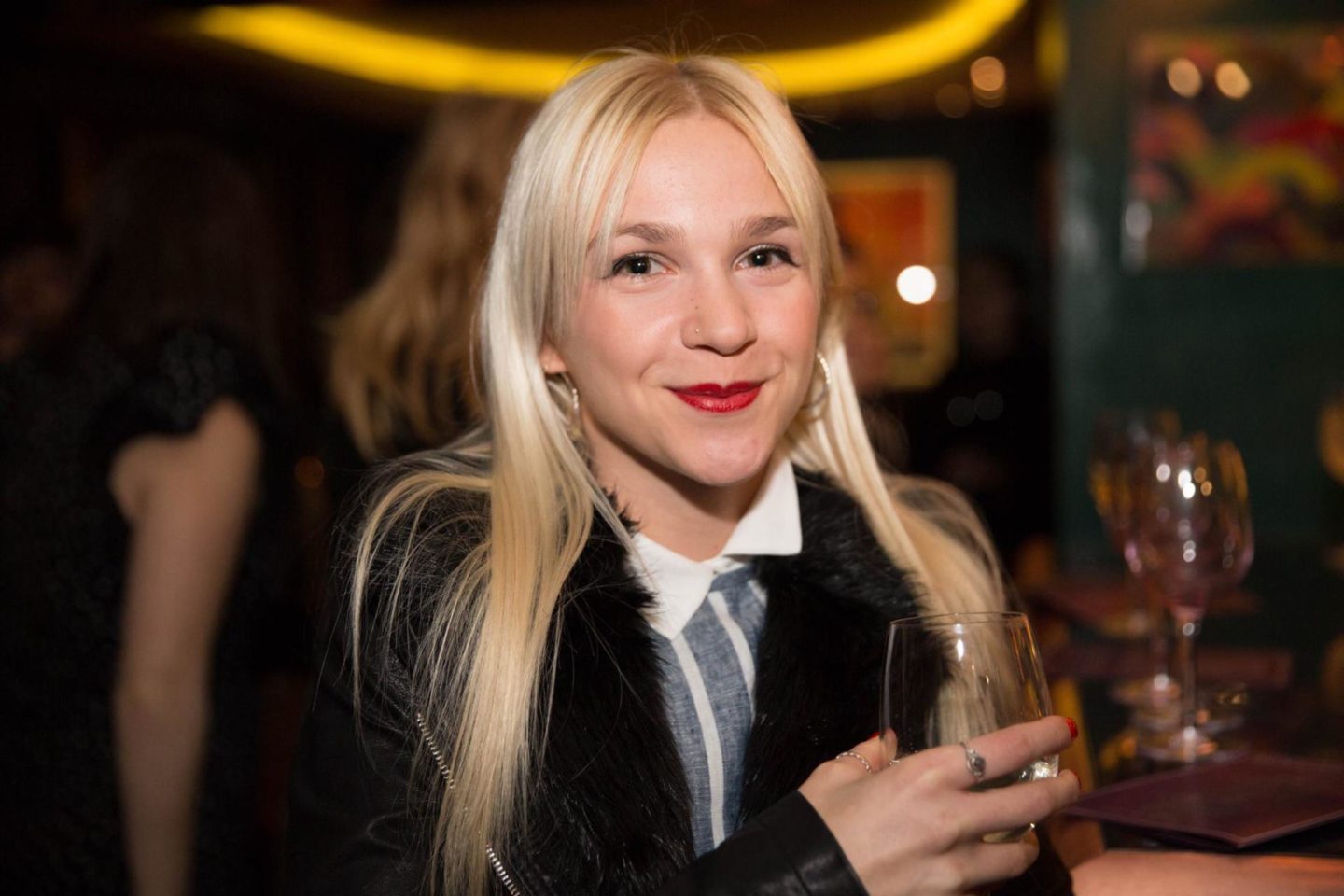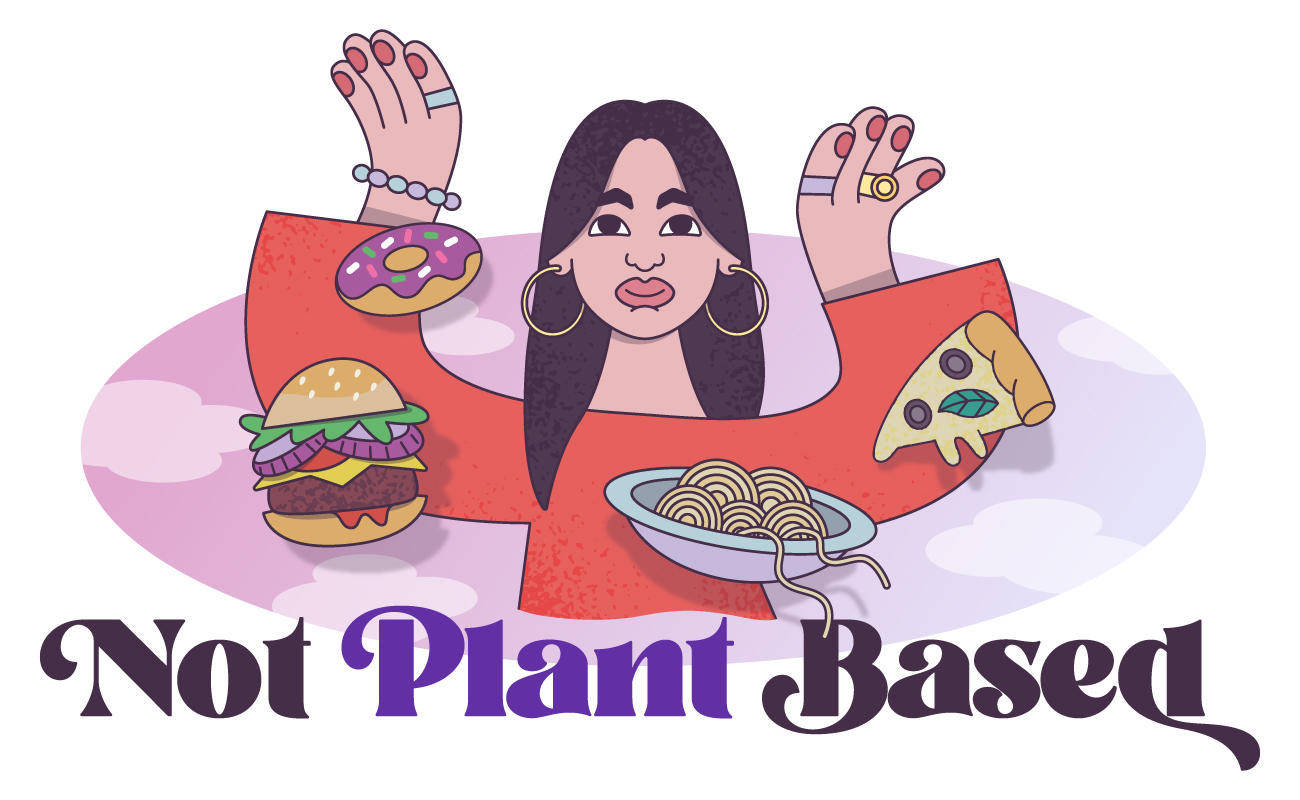
So, what does clean eating look like to someone who has a history of eating disorders and mental health issues?
To point out the obvious, I’m not against encouraging people to lead healthier lifestyles – we all know about the UK’s obesity crisis which shows no sign of easing up anytime soon. What I do disagree with however, is using negative phrases, such as ‘cheat day’ and ‘guilty pleasure’, in relation to food. I disagree with the puritanical attitude towards diet and exercise that is so prevalent nowadays, particularly amongst young women, and which has unfortunately loaded the saying ‘be the best you can be’ with a whole load of pressure and unrealistic expectations.
I disagree with the mixed messages that we are receiving, that make me feel like there is something ‘bad’ in every single food and leave me wondering, ‘what can I actually eat that isn’t in some way ‘unhealthy’?’ One person treats nuts like the holy grail, another says they’re fatty and calorific and shouldn’t be eaten often. One person says veganism is the way forward, another has eggs for breakfast every day. Should I only be consuming one piece of fruit a day as a ‘treat’ due to the sugar content?
Perhaps what I disagree with most, or at least what disturbs me the most, is the ever-growing obsession with what other people are eating and doing, a fixation which is largely fuelled by our good friend (or foe) social media. I really believe that we share far too much these days. Quite frankly, I don’t give a shit how you ate your avocado or which kind of yoga you practised today.
But social media can easily dupe you into thinking that you do care – that this is of utmost importance to you. Some people can be quite objective about what they see online, but others are more sensitive to it. I am the latter, and I actually deleted Instagram this time last year as it was having a negative impact on my mental health and self-esteem. Because it’s image-based, I think it is arguably the most potentially dangerous social media channel, and if you’re in a bad place mentally and/or emotionally, I would recommend steering clear.
The problem with the whole clean eating and fitness fad is that whilst it’s all well and good encouraging people to take better care of themselves, mentally and physically, it has become a way of indirectly shaming people and making them feel crap about themselves. Ironically, this in turn will actually end up damaging people, mentally and physically. It’s all a bit of a muddle, isn’t it?
To me, our mental health is as important as our physical health, and whilst exercising and eating well does have a positive effect on our mental state, so does self-acceptance and doing things we enjoy. A ‘flat’ stomach does not lead to everlasting happiness, and toned buttocks do not mean you are a pinnacle of health. You can be healthy and still eat dominos and get pissed (two of my favourite pastimes). Bread will not kill you and having a bowl of pasta is not bloody indulging.
And you know what makes me feel healthy and happy? Going out for dinner with my friends and not looking the menu up beforehand to scrutinise it in detail, or spending the meal thinking about how I’m going to compensate for it afterwards. I enjoy going swimming on Sunday mornings with my Mum, but I also like the fact that sometimes we will both happily bail because we’re too hungover and not feel bad about it. There was a time in my life when I couldn’t do those things with ease.
We hear so much talk about the negative consequences of obesity and the positive effects of eating healthily and being active. But I don’t think we hear enough about how these conversations and attitudes can affect people, or the long-lasting and often devastating effects that eating disorders have on sufferers.
When I was anorexic, my periods stopped for a year and a half, I couldn’t sit on hard chairs or surfaces because I had no fat on my body to serve as cushioning, and cuts and bruises took forever to heal. I have put my mind and body through some horrific things, and in my opinion that is far more unhealthy than drinking a glass of wine and harbouring a mild addiction to pastries.
My advice to all of the troubled eaters out there is to do what feels right for you. Try to eat your greens and shake your booty a bit but go easy on yourself. If you can’t be arsed to go the gym one night, or even if you take a whole month out, that’s ok. You will not burn in hell if you grate some cheddar on your baked potato. No food or person is dirty, and you are good enough (and absolutely fabulous) just as you are. But if you feel like you might have a problem, then please reach out and seek help before it spirals out of control.
I’d like to end with a quote I recently came across which I think sums it up brilliantly:
‘Giving yourself good food is the ultimate act of self-love. It says to yourself that you are a person who is worth being taken care of; you are deserving of pleasure and joy; you are important. You will not simply exist; you will live, and you will live well.’


